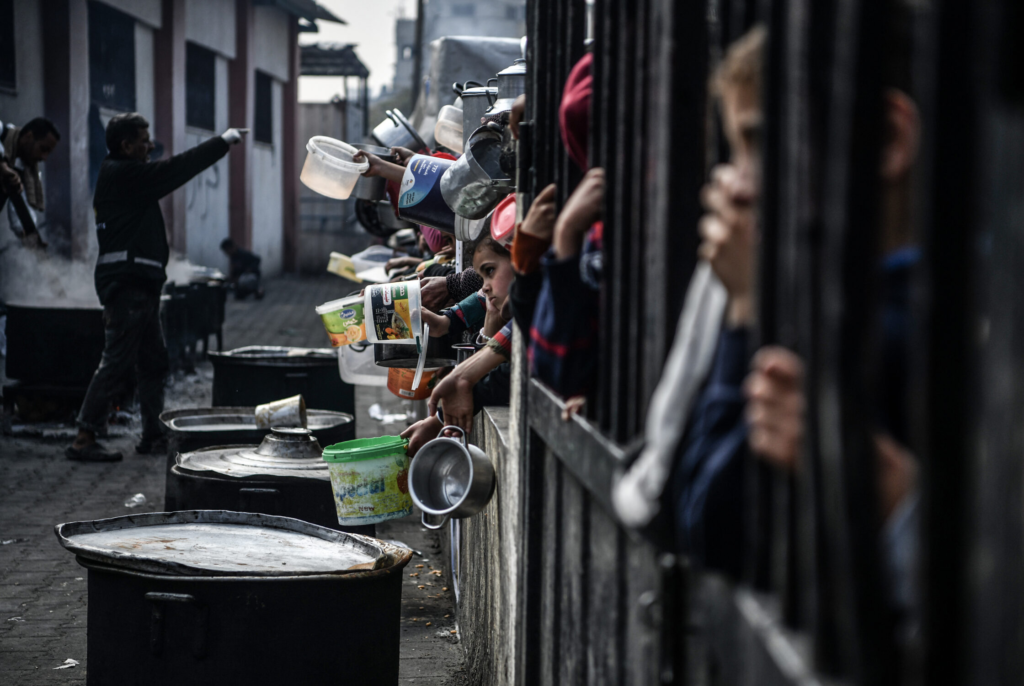
In a move that has sent shockwaves through the international community, Israel has halted the entry of humanitarian aid into the Gaza Strip, intensifying concerns over the already dire situation faced by its residents. This decision comes on the heels of a complex and fragile ceasefire agreement, now teetering on the brink of collapse.
The Ceasefire’s Fragile Foundation
The ceasefire, brokered in January, was a beacon of hope amidst the turmoil, facilitating the exchange of prisoners and the flow of humanitarian aid into Gaza. However, the transition to the second phase, which aimed at ending the conflict and withdrawing Israeli troops, has encountered significant obstacles. Israeli Prime Minister Benjamin Netanyahu has expressed reservations, leading to a three-week impasse in negotiations.
Aid as a Lever in Negotiations
In response to the deadlock, Israel has suspended humanitarian aid deliveries to Gaza, a move perceived as an attempt to pressure Hamas into renegotiating ceasefire terms. This blockade has led to soaring food prices and exacerbated the humanitarian crisis in the region. International leaders, including the United Nations Secretary-General, have condemned the blockade, highlighting the severe consequences for Gaza’s undernourished population.
Aid as a Lever in Negotiations
The suspension of aid has drawn sharp criticism from Arab nations. Countries such as Saudi Arabia, Egypt, Jordan, and Qatar have denounced Israel’s actions, labeling them as violations of international law and humanitarian principles. They emphasize that using starvation and siege tactics against civilians, especially during the holy month of Ramadan, is unacceptable.
The Humanitarian Toll
The blockade’s impact on Gaza’s residents is profound. With crossings closed and supplies halted, the already strained living conditions are deteriorating rapidly. The international community fears that prolonging the blockade could lead to a humanitarian catastrophe, urging immediate resumption of aid to alleviate the suffering of the civilian population.
What Lies Ahead
The path forward is fraught with uncertainty. The cessation of aid not only undermines the ceasefire’s stability but also risks reigniting conflict in the region. Diplomatic efforts are underway to salvage the truce and address the humanitarian needs of Gaza’s residents. The international community’s role is pivotal in mediating negotiations and ensuring that humanitarian principles are upheld, preventing further escalation and human suffering.
As the situation unfolds, the world watches closely, hopeful for a resolution that brings lasting peace and relief to the people of Gaza.

